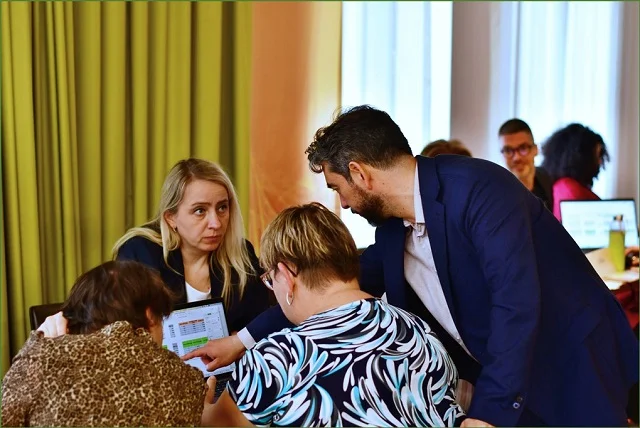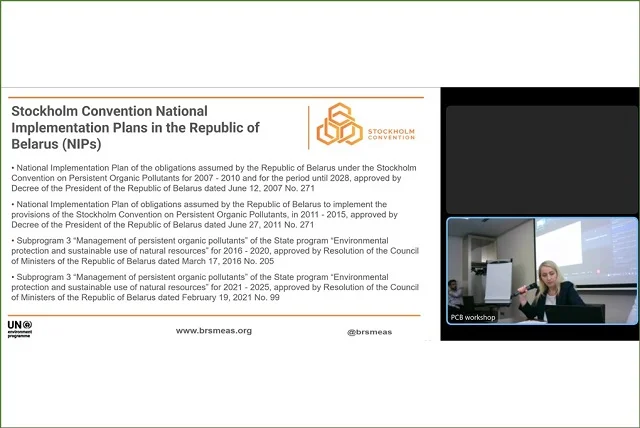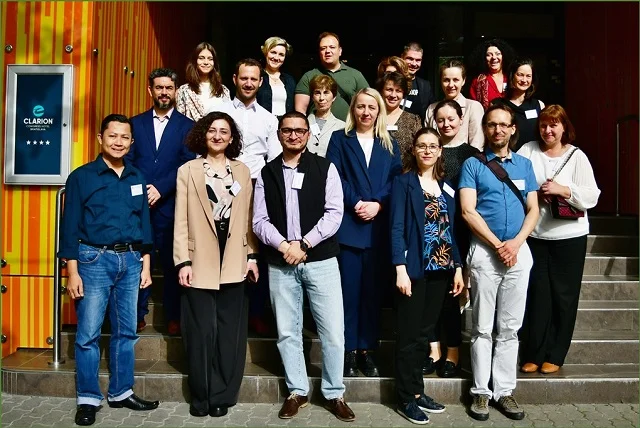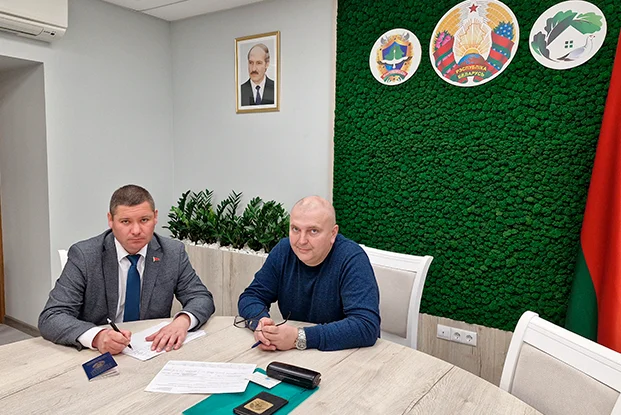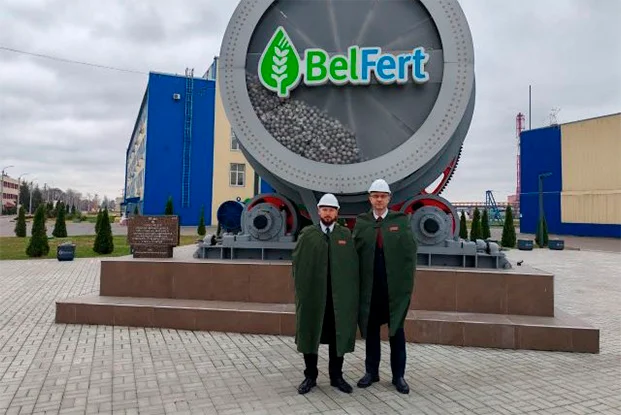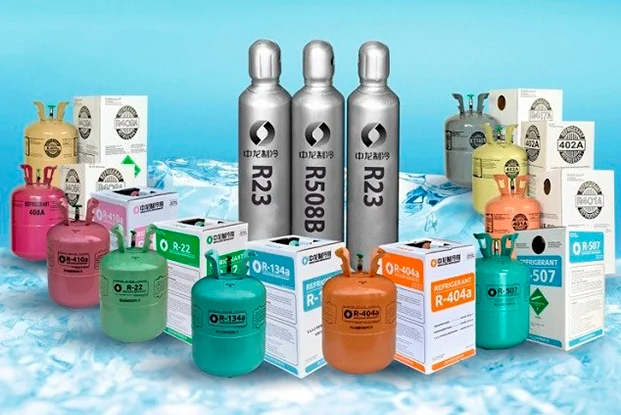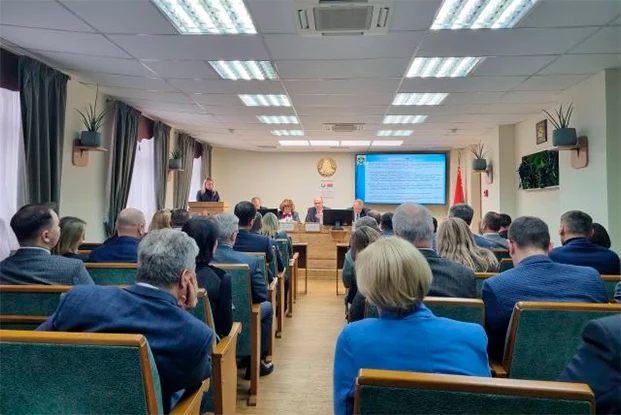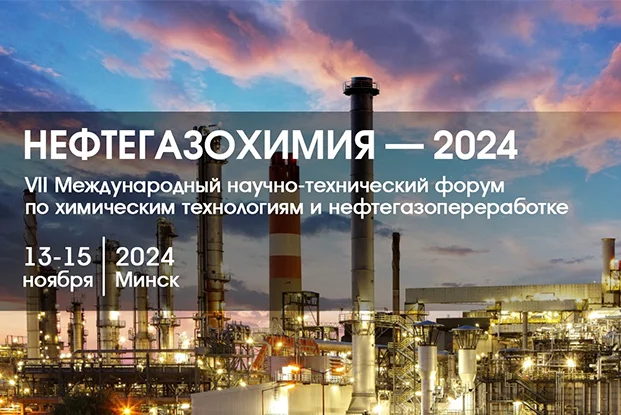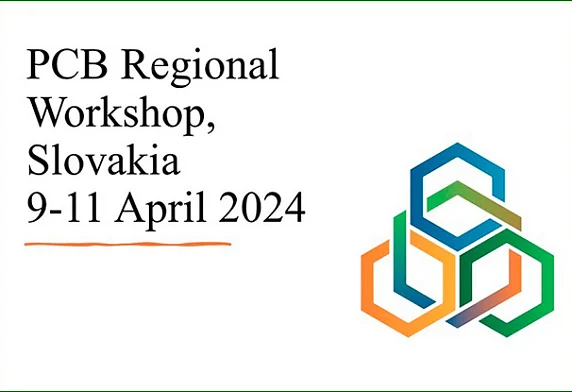
The Republic of Belarus, being a party to the Stockholm Convention on Persistent Organic Pollutants (POPs), consistently fulfills its obligations to implement its provisions.
Thus, according to this convention, the parties must decommission all equipment containing polychlorinated biphenyls (PCBs) by 2025 and ensure its neutralization by 2028. At the same time, fulfilling these conditions is associated with significant financial costs, which leads to delays on the part of the owners of such equipment in achieving the set objectives.
The task “Fulfillment of the obligations assumed by the Republic of Belarus on the implementation of the Stockholm Convention on POPs” of subprogram 3 “Management of persistent organic pollutants” of the State Program “Environmental Protection and Sustainable Use of Natural Resources” for 2021-2025″, approved by the Resolution of the Council of Ministers of the Republic of Belarus dated February 19, 2021 No. 99, provides for a target indicator for the decommissioning of 100% of PCB-containing equipment in 2025 (to the level of 2020). The country’s enterprises are taking the necessary measures to achieve this indicator in a timely manner.
Within the framework of the international technical assistance project “Sustainable Management of Persistent Organic Pollutants and Chemicals in the Republic of Belarus, GEF-6” (Project), implemented by the Ministry of Natural Resources and Environmental Protection, more than 1,140 tons of PCB-containing equipment (capacitors) were exported from the country and destroyed in 2023. At the same time, the issue of destroying the remaining stockpiles of PCBs is still on the agenda both in our country and in a number of other countries in Eastern Europe and Central Asia.
Olga Sazonova, Head of the Main Department for Waste Management Regulation, Biological and Landscape Diversity of the Belarusian Nature Protection Agency, Coordinator for the Implementation of the Stockholm Convention in the Republic of Belarus, presented our country’s long-term successful experience in conducting an inventory of PCBs and managing such types of waste in general, invited representatives of the Secretariat to consider the possibility of revising the deadlines for ensuring the safe destruction of PCB-containing waste at the Conference of the Parties in 2025, and also drew attention to the need to work with the Global Environment Facility on the possibility of allocating targeted funding to assist countries – parties to the Stockholm Convention in fulfilling their obligations.
The main objectives of the seminar are to provide training, as well as technical assistance in the field of rational management of PCBs, including updating national inventories and disposal technologies, sharing experiences and lessons learned to accelerate the elimination of PCBs in the Eastern European region.
During the event, the degree of readiness of the countries participating in the Stockholm Convention to fulfill their obligations in connection with the approaching deadlines for achieving the goals set by the international treaty is discussed.




